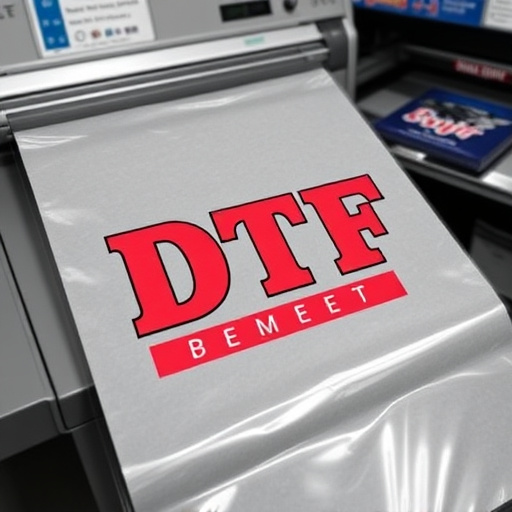In cases of federal workplace injuries, supervisors play a key role in ensuring swift and adequate responses by promptly assessing situations, providing first aid, securing hazards, documenting incident details, and facilitating effective communication. Critical duties include comprehensive documentation for investigations and claims, offering immediate support with medical care, and managing compensation claims through meticulous record-keeping. Supervisors must also promote safe return-to-work options, foster open conversations about recovery, and support long-term well-being by encouraging non-invasive treatments, especially for musculoskeletal injuries.
After a federal workplace injury, supervisors play a crucial role in guiding employees through immediate steps, documenting incidents, and ensuring support. This comprehensive article delves into the essential actions required, including prompt reporting, gathering evidence, and facilitating access to necessary resources. It explores legal obligations, compensation claims, and best practices for long-term management, offering vital insights for effective navigation of federal workplace injury cases.
- Immediate Steps After a Federal Workplace Injury
- Documenting the Incident and Supporting Employee's Needs
- Legal Obligations and Long-Term Management of Compensation Claims
Immediate Steps After a Federal Workplace Injury

After a federal workplace injury, supervisors play a crucial role in ensuring immediate and adequate response. The first step is to assess the situation promptly; this involves determining the severity of the injury and providing basic first aid if necessary. It’s important to remember that every moment counts, especially for time-sensitive conditions like sports injury recovery or pinched nerve relief. Supervisors should secure any potential hazards at the workplace to prevent further incidents while also ensuring the injured employee receives proper medical attention.
Documentation is another critical aspect; supervisors must record all details of the incident, including witness statements and the nature of the injury. This step is essential for both legal compliance and facilitating the sports injury treatment process. Effective communication with the affected employee and their designated healthcare providers is also vital to coordinate care and ensure a smooth recovery journey.
Documenting the Incident and Supporting Employee's Needs

After a federal workplace injury occurs, the first step for supervisors is to ensure comprehensive documentation of the incident. This includes gathering all relevant details such as the time, date, location, and circumstances surrounding the accident. A detailed report should be drafted, documenting the employee’s account, witness statements, and any visible evidence or physical signs of the injury. Proper documentation is crucial for facilitating a swift and accurate investigation and claim process.
Additionally, supervisors must prioritize the immediate support and care of the affected employee. This involves ensuring access to appropriate medical attention, including emergency care if needed. Supervisors should be aware of the types of injuries that may occur in federal workplaces, such as musculoskeletal injuries, and be prepared to provide information or assist in arranging specialized care like physical therapy. Prompt action in these areas can significantly impact an employee’s recovery and overall job satisfaction following a federal workplace injury.
Legal Obligations and Long-Term Management of Compensation Claims

After a federal workplace injury, supervisors have significant legal obligations to ensure proper management of compensation claims. They must first document all details related to the incident, including witness statements and medical reports, to support the employee’s claim. This meticulous record-keeping is crucial for navigating the complexities of workers’ compensation processes.
Moreover, supervisors should facilitate a smooth transition for injured employees, offering accommodations that promote a safe return to work or alternative employment options if necessary. While focusing on legalities, they must also foster an environment that encourages open communication about physical and psychological recovery, including providing resources for non-invasive treatment options and supporting muscle recovery efforts. This holistic approach ensures the well-being of affected employees in the long term.
After a federal workplace injury, supervisors play a crucial role in ensuring employees receive proper support and compensation. By swiftly documenting the incident and addressing the affected worker’s needs, they can navigate the legal obligations inherent to such situations. Effective management of compensation claims is essential for fostering a positive work environment and upholding the rights of all employees involved, thereby minimizing potential disruptions and promoting a safe, productive federal workplace.














